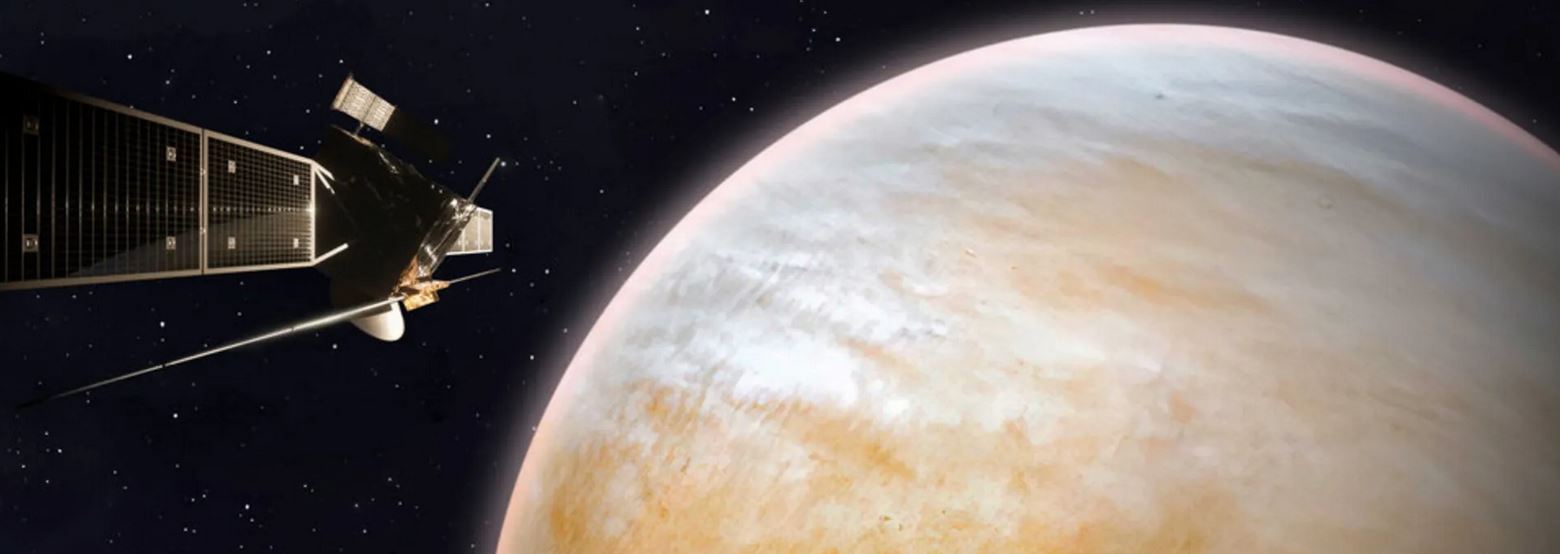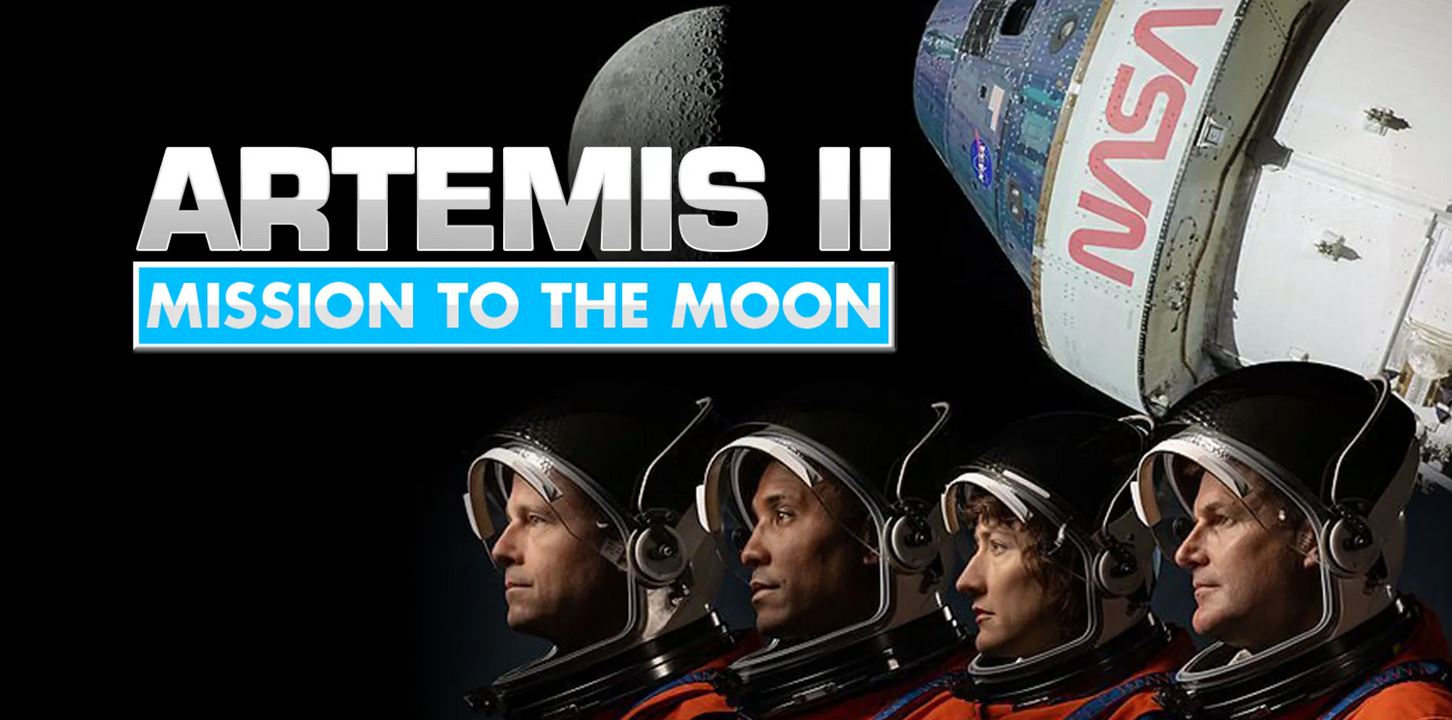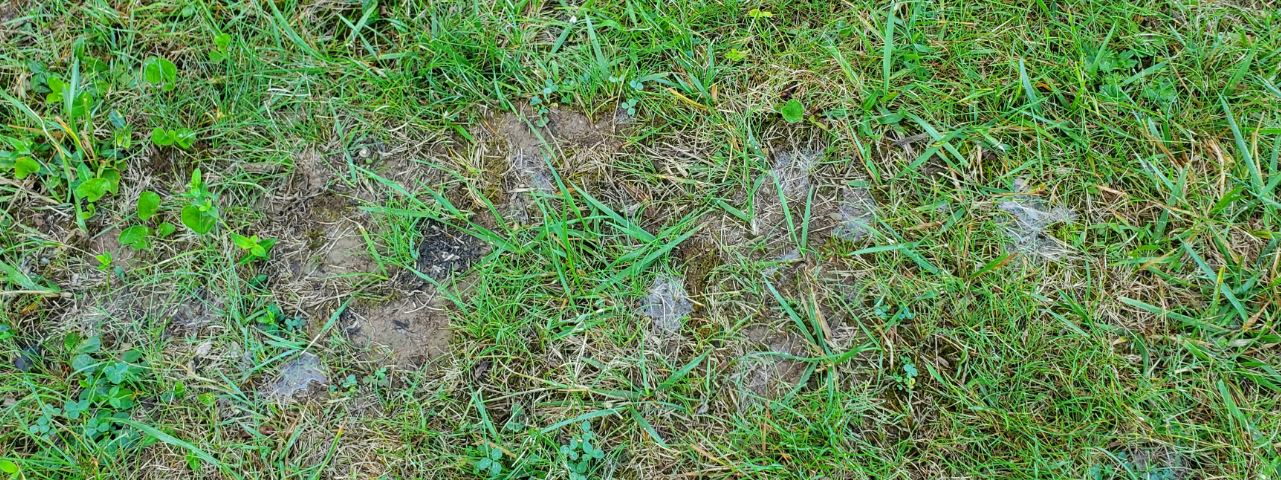I was reading this dog research about genetics. I was impressed with how the questionnaire asks people to physically describe their dogs.
This graphic about chest shape is crude, but effective.

I was reading this dog research about genetics. I was impressed with how the questionnaire asks people to physically describe their dogs.
This graphic about chest shape is crude, but effective.


Ars Technica: Why is my dog like this? Current DNA tests won’t explain it to you.
Another disappointing article about dog research.
The dog shown in the photo above is a stock photo chosen for this article. To me, the photo says,
“Hi, my name is Patches! They found me at a pet sematary. This paw is bigger than my other paws, and my ears don’t seem to be related. I look to be patched together from a bunch of dogs, so they call me Patches! Can I take your kids for a walk over to the edge of the forest? You don’t have to come along.”

SPACE: Will Europe’s flagship space science missions survive NASA’s budget cuts?
Flagship European space science missions conducted in collaboration with NASA face a possible combined funding shortfall of nearly $2 billion due to budget cuts put forward by the administration of U.S. President Donald Trump. The European Space Agency hopes its member states will come to the rescue.
Europe’s flagship space science missions may be worthwhile, but they aren’t ours, so why are we funding them? It’s only about twenty bucks per American taxpayer, but do that for 10,000 other foreign agencies and projects, and it starts to add up.

Thinking about the green ball mystery, I took some photos of the ball pit this morning before sunrise.

Nasa plans first crewed Moon mission in 50 years for February 2026
Maybe there is too much going on or it’s the fracturing of news media, but there are big things happening that people aren’t talking about.
In four months, humans are going back to the Moon. The Artemis 2 mission is to perform a lunar orbit, no landing, similar to Apollo 9 in 1968. Apollo 9 is the mission that yielded the moving “Earth Rise” photograph.
Why Leaving the Leaves Is Better for Your Yard
It’s time to rake your lawn when the NYT starts posting articles with biologists explaining why you shouldn’t rake up the fallen leaves.
That campaign has spread awareness that fallen leaves provide overwintering habitat for many ecologically critical organisms. But that’s not all they do. Now, we can look at the consequences of leaf removal by the numbers, data that makes a more nuanced case for a gentler approach that supports plants and soil, and also offers insights into the most effective how-to practices to employ.
I don’t know where these eggheads live, but their houses don’t have the suburban green carpets that the rest of us envy.

Effect of cocoa flavanol supplementation for the prevention of cardiovascular disease events,
I’ve been buying this nutritional supplement from Aldi for years.
Cocoa extract supplementation did not significantly reduce total cardiovascular events among older adults but reduced CVD death by 27%.
Finally, nutritional science has some good news. The study looks legit.
The study was conducted by Brigham and Women’s Hospital. There were 12,666 women over 65 years old, and 8776 men over 60 years old in a double-blind, placebo controlled study. A 27% reduction in death by cardiovascular disease is substantial.
“I’m at a point right now where I have a hard time writing science-fiction,” Cameron told CNN this week. “I’m tasked with writing a new Terminator story [but] I don’t know what to say that won’t be overtaken by real events. We are living in a science-fiction age right now.”
SciTechDaily: Why Plant-Based Eggs Are Finally Getting the Spotlight
The team also asked participants to rate how plant-based eggs would compare to traditional ones. Unsurprisingly, expected taste and appearance still favor the classic egg.
A plant-based egg, is not an egg. Not even a little bit. A traditional egg comes from a chicken. If the cook is using ostrich or turtle eggs to make my omelet, he is obliged to make that clear.

When I took Sparky out this morning at 8 am, there were little spider webs all over the place. They are probably always there, but the dew made them easy to spot.
© 2026 Big Stick Physics
Theme by Anders Noren — Up ↑